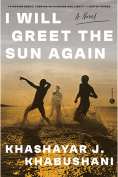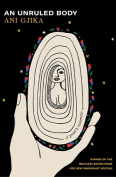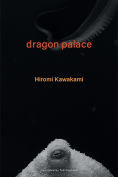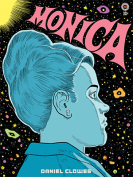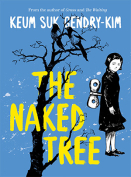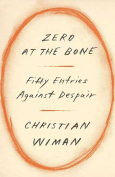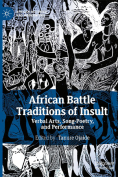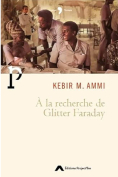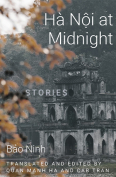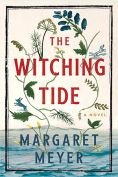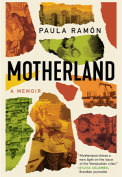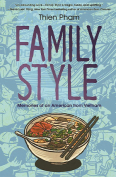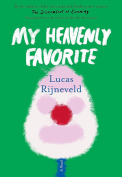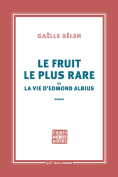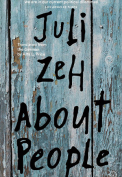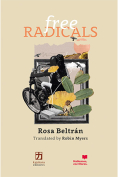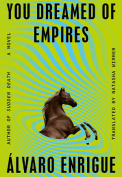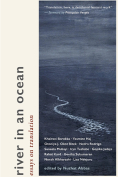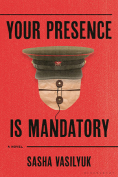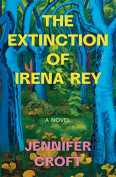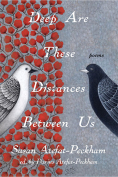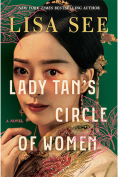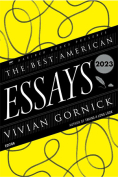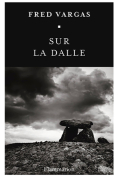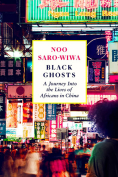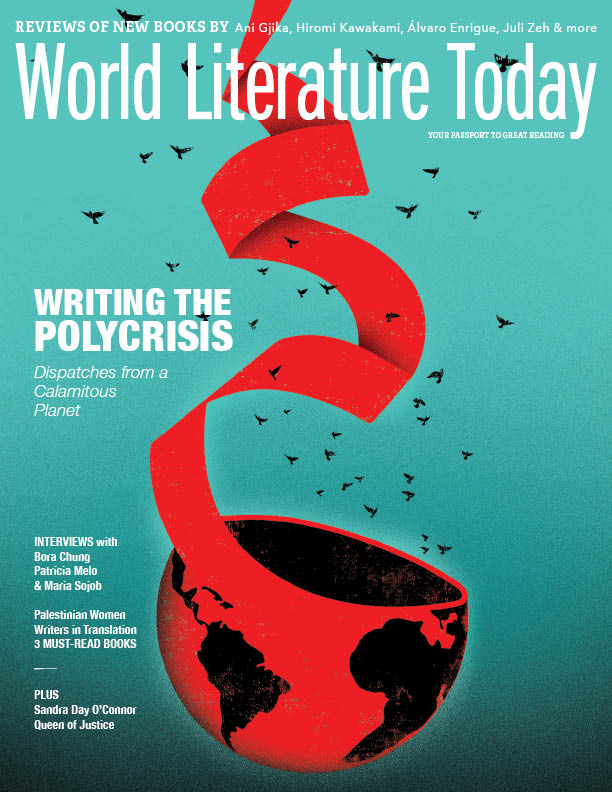Dragon Palace by Hiromi Kawakami
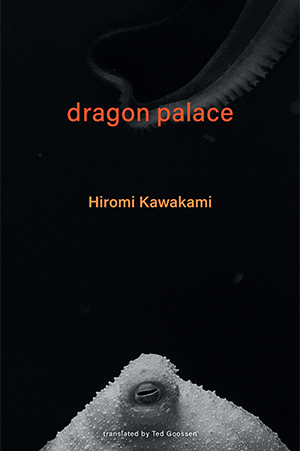 Berkeley, California. Stone Bridge Press. 2023. 168 pages.
Berkeley, California. Stone Bridge Press. 2023. 168 pages.
Hiromi Kawakami’s most recent English release, Dragon Palace, separates itself from her previous renowned works, such as Strange Weather in Tokyo and The Nakano Thrift Shop. A collection of eight short stories, Dragon Palace, originally released in Japan as Ryūgū in 2005, made its debut in English in 2023, translated by Ted Goossen. Kawakami is a leading name in the rising international popularity of contemporary women writers from Japan, and Dragon Palace fits in as a surreal and imaginative collection of stories that blur the line between human and nonhuman and explore the relationships we form with others and with ourselves throughout our lives.
Throughout each story in Dragon Palace, Kawakami uses magical realism to blend the human experience with animals, mythical creatures, and fantastical situations. While this leads to humorous and entertaining stories, it also allows for a refreshing perspective on relevant topics, such as societal expectations, pressure, and the lack of agency people often have in their lives. The use of hybridity within each story reveals the conditions of humanity in the modern world as characters are captured, worshipped, hated, or glide through their narratives with no control.
While the narratives within Dragon Palace are entertaining and pertinent among a general, non-Japanese audience, the collection holds onto its Japanese origins in its inclusion of references to Japanese mythology and history. “Hokusai,” a story about an octopus-turned-man having a night out with a disaffected young man, alludes to a famous Edo period painting by an artist of the same name of an octopus erotically entangled with a woman. “Dragon Palace,” the eponymous story of the collection, follows a character resembling Oto-hime, the dragon-turned-woman from an ancient Japanese myth. Kawakami effectively uses Japanese mythology and history to evoke a sense of unreality and surrealism within each work while relating this to the concerns and disillusionment of modernity.
Although it was originally released in 2005, the themes and creativity of Dragon Palace remain relevant in 2023. Standouts of the collection include “The Kitchen God,” “Mole,” and “The Roar,” but each of the eight stories provides a unique world that simultaneously explores humanity’s relationship to itself. By removing the boundaries that separate the human and the nonhuman, the stories accept the surreal aspects of the world and introduce perspectives on societal rules that, as the norm, often get ignored or offhandedly accepted.
Allison Mcclung
Shinkamigoto, Japan
